Leadership · Policy · Development
Re-Imagining Africa In the 21st Century
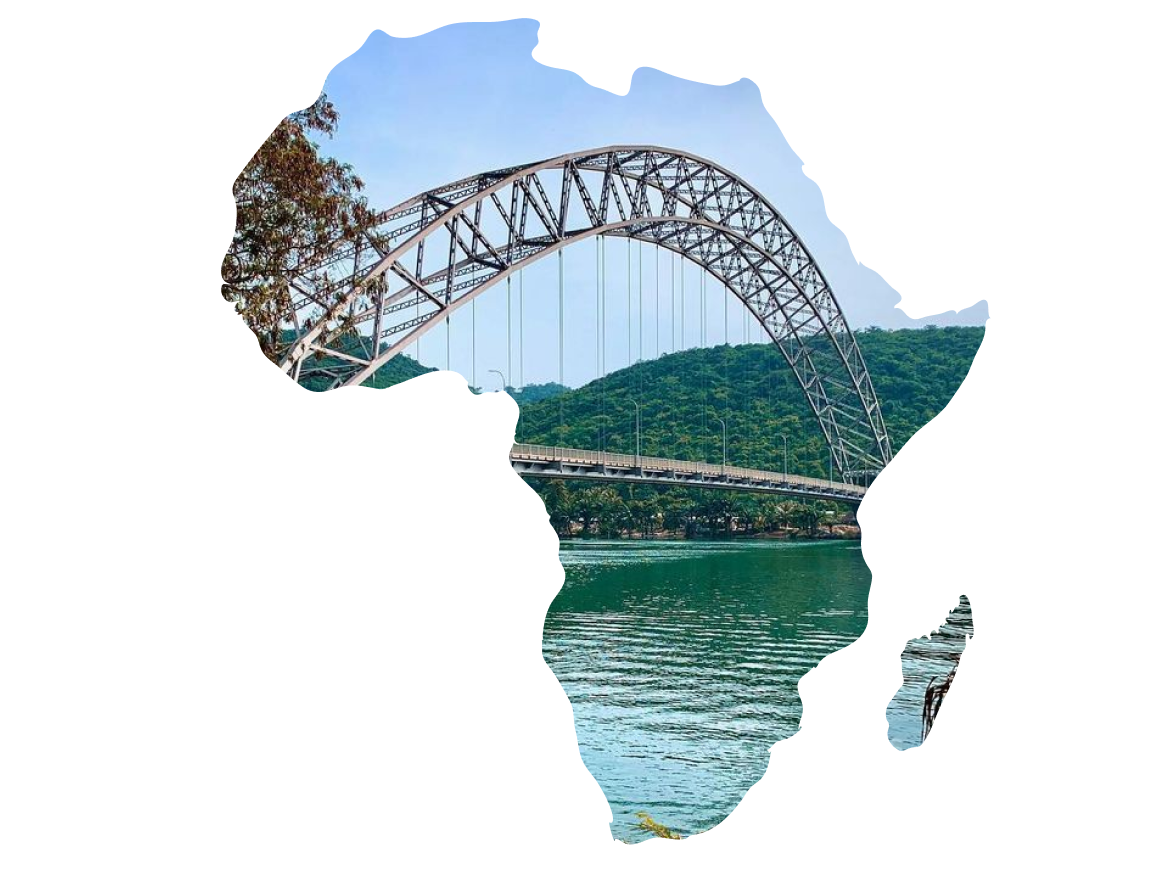
Re-Imagining Africa In the 21st Century
The Sahara Institute is an African-led, Pan-African, Non-Profit and Non-Governmental Organisation (NGO) established to strengthen and promote strategic leadership, evidence-based policy, and strengthened capacity towards the socio-economic development of African countries.
Our Thematic Focus Areas
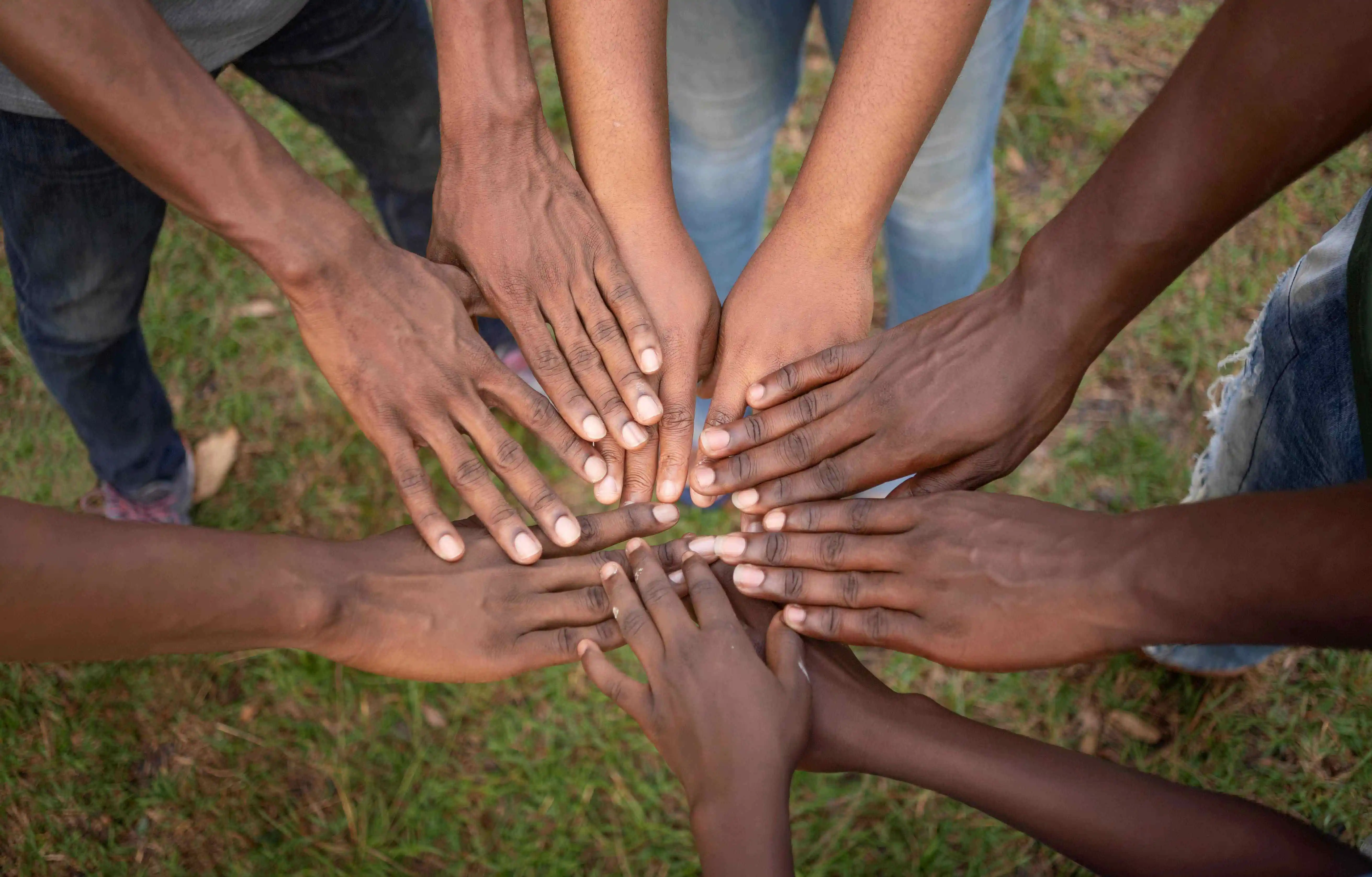
Human Capital Development & Institutional Strengthening
The Institute seeks to undertake human capital development and institutional strengthening with a strong focus on positive learning outcomes and addressing systems strengthening in individual country contexts. This involves the development of tools, resources, and frameworks in addressing gaps in educational pedagogy and methodology, and strengthening teachers' knowledge.
Read More

Science, Innovation & Emerging Technologies
Work with stakeholders to identify gaps in science, innovation, and emerging technologies, and support the development of STI priorities, tools and systems; support the youth in ICT-based entrepreneurship; development, transfer and dissemination of knowledge on relevant technologies; utilization of new technologies, perspectives and approaches to innovate and develop solutions to meet the objectives of the African Union Science, Technology and Innovation Strategy (STISA 2034) of Agenda 2063.
Read More

Leadership Development
The Institute seeks to work with stakeholders to improve their leadership skills, identifying their strengths and weaknesses and empowering the individuals and teams to reach their full potential. The leadership training programme provides a versatile mix of skills that can be put to excellent use in a variety of roles. These include goal setting, planning, communication strategies, interpersonal skills, delegation, dependability, integrity, decisiveness, motivation, conflict management and team building. Overall, the leadership training enables leaders to enhance their skills, gain diverse perspectives, expand their network, receive feedback, learn from best practices, engage in coaching or mentoring, and embrace a mindset of continuous improvement. The training enables leaders to excel in their roles and drive success within their organizations.
Read More

Policy Training
The Institute undertakes policy training designed to provide in-depth understanding of policymaking processes and equip participants with the knowledge and skills needed to formulate, analyse, and influence public policy and drive change. The training will equip the learner in crafting effective solutions to social issues in the policymaking landscape, and acquire the expertise necessary to shape public policies that create meaningful impact.
Read More
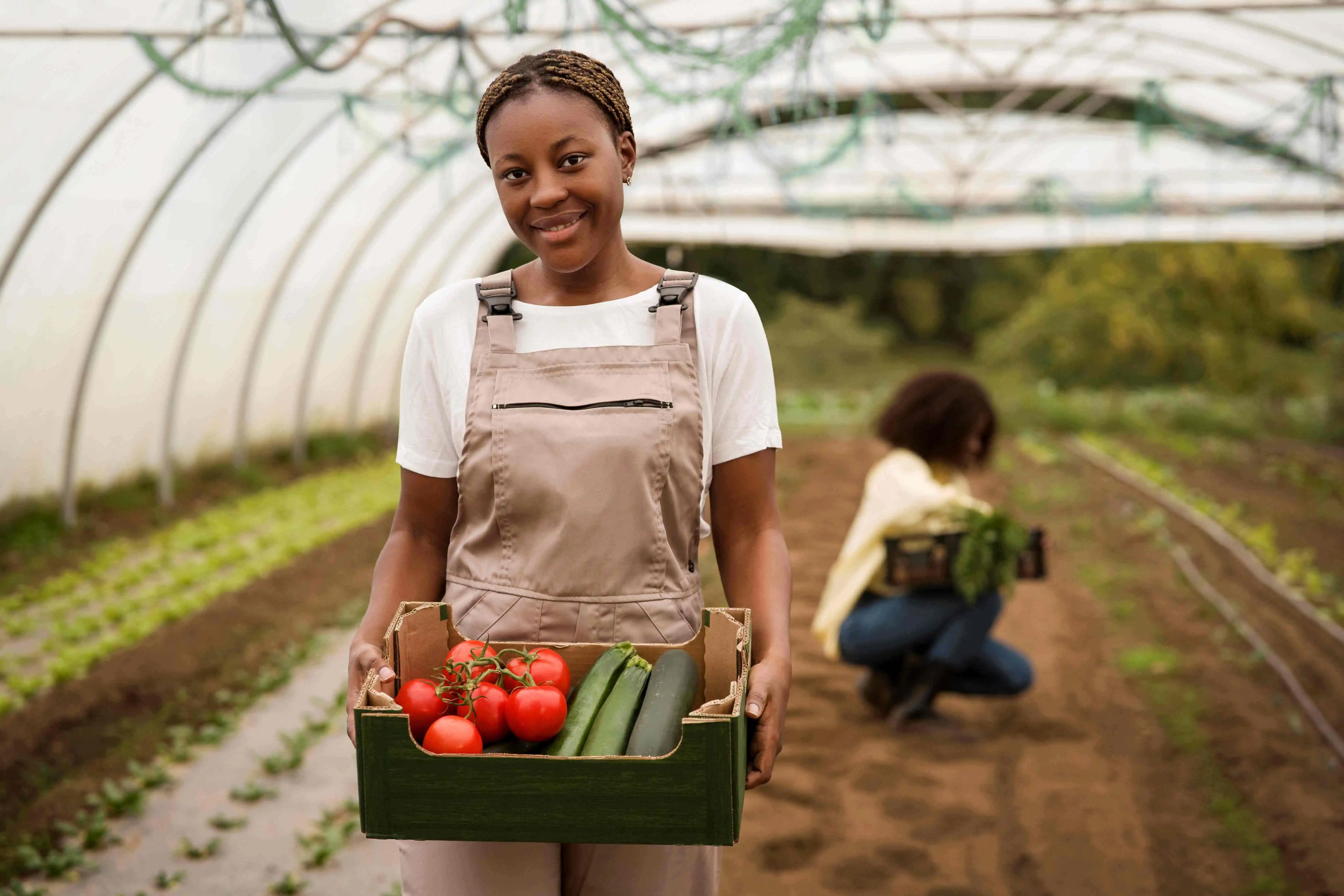
Agriculture, Agri-business & Food Security
The Sahara Institute aims at working with communities to ensure tangible food security and resilient livelihoods from agriculture and livestock and regenerative natural resources management. The Institute applies a behaviour-change approach to support African countries achieve self-reliance by enhancing agricultural productivity and profitability, strengthening competitive market systems, increasing access to finance, optimizing economic inclusion, improving nutrition, and advancing country leadership through evidence-based interventions.
Read More
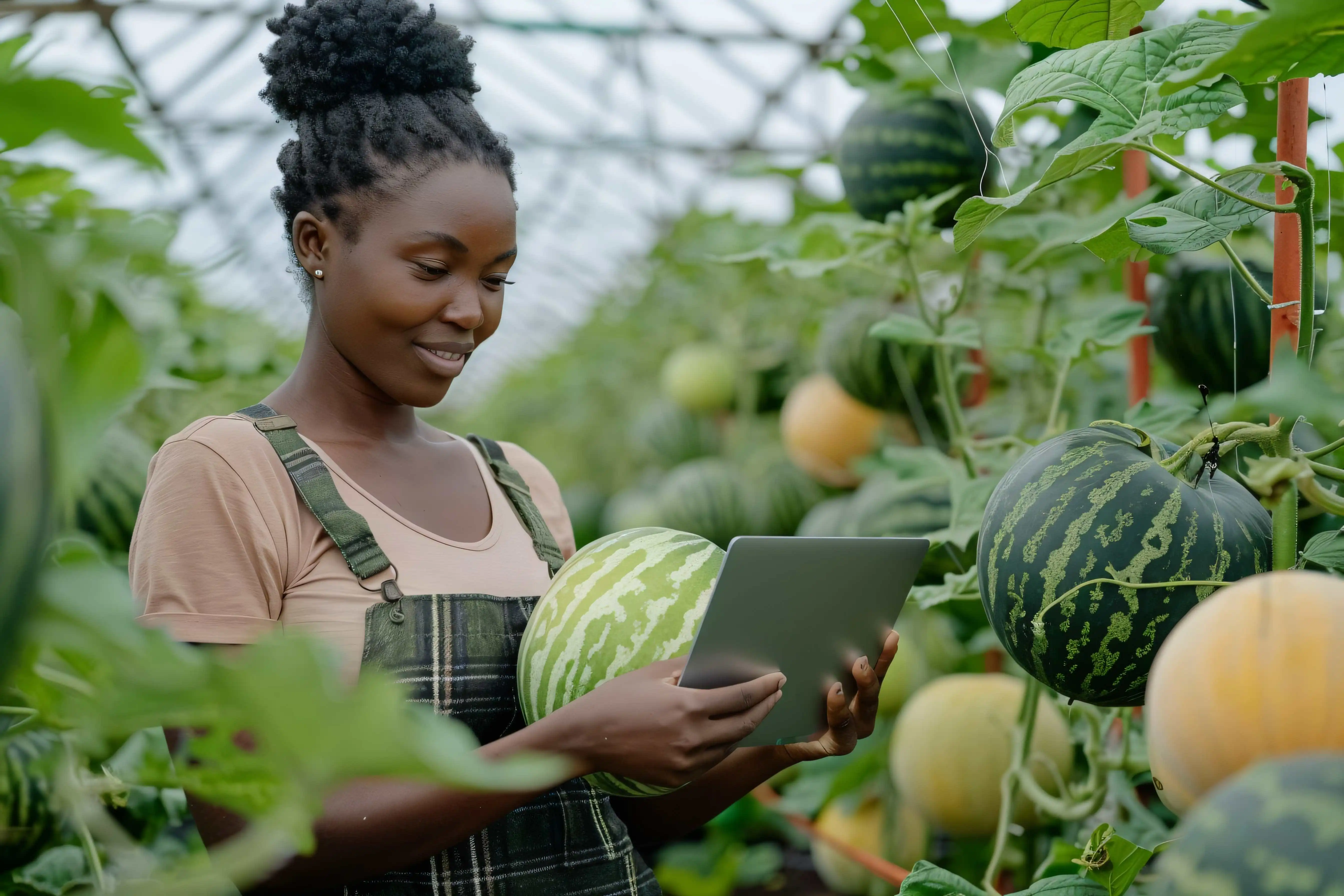
Nutrition Security
The Institute works with experts to raise awareness and understanding among decision and policy makers about improving key measures of nutrition for vulnerable populations, especially mothers and children, as well as help improve food security at a broader scale. Ultimately, the aim is to engage in a critical policy dialogue to encourage integration of knowledge generation and capacity strengthening into nutrition and food security policies, strategies, action plans, and programs in Africa. The Institute, therefore, seeks to not only raise awareness, but also to mobilize political commitment and resources towards nutritional security.
Read More
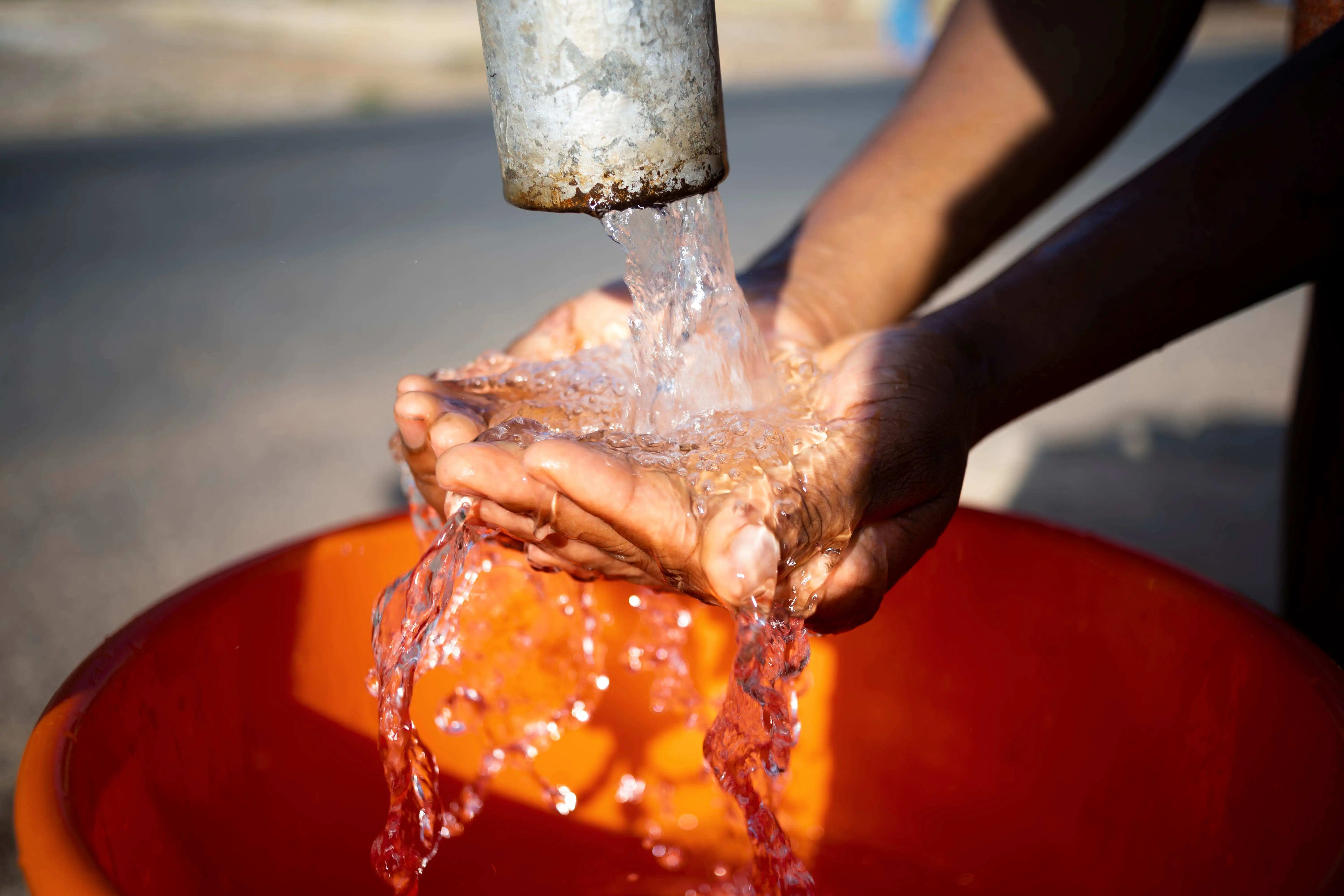
One Health, Water & Sanitation | WASH
The Institute seeks to work with communities towards ensuring access to safe water and sanitation, along with the practice of good hygiene, which can be leveraged to achieve the goal of good health and wellbeing for all. The Institute considers safe WASH as not only a prerequisite to health, but also a contributor to livelihoods, school attendance and dignity and helps to create resilient communities living in healthy environments. The Institute also seeks to support governments and institutions to advocate for effective policies, strategies and interventions, which are also supported by evidence-based research.
Read More
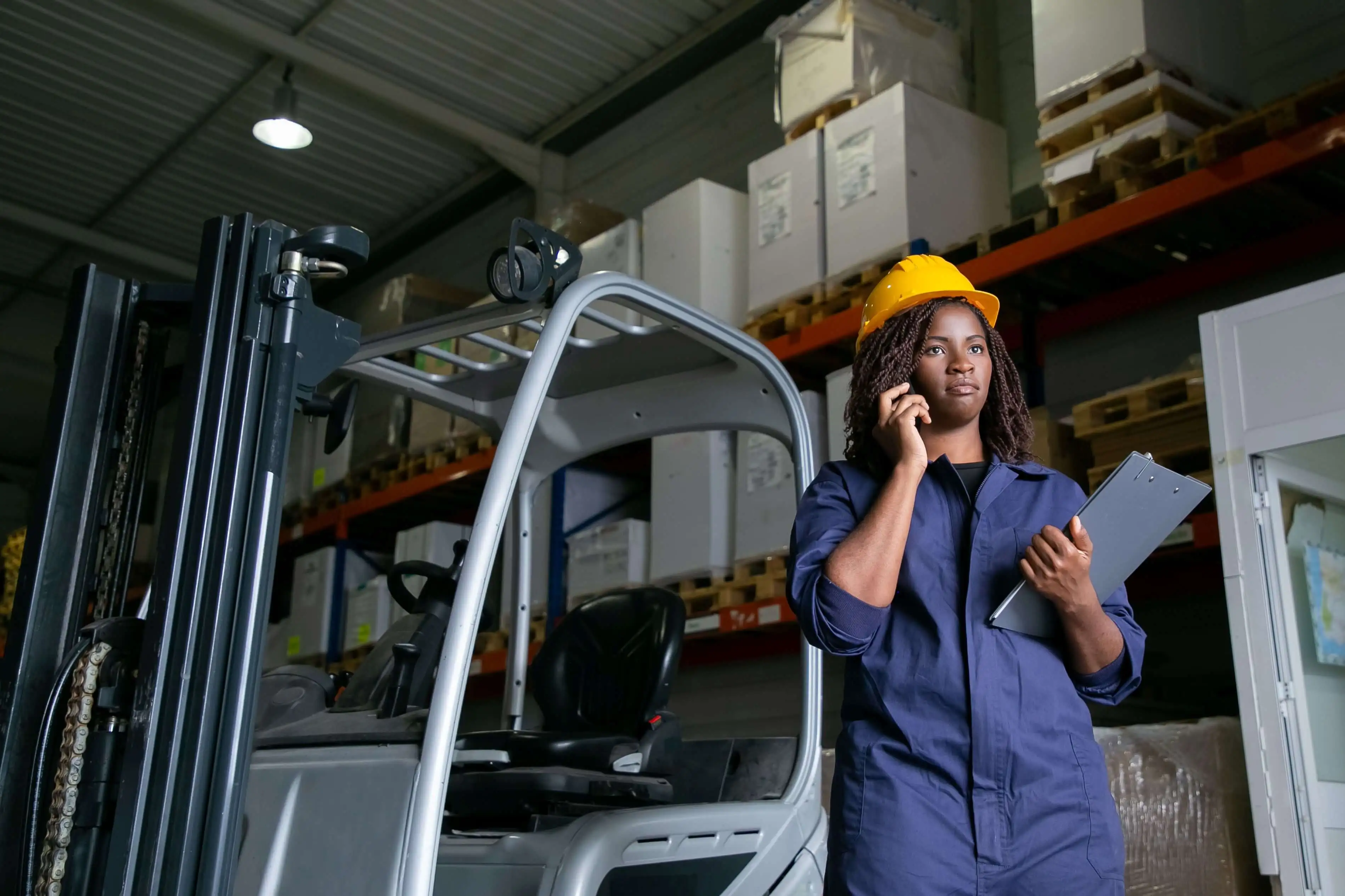
Industralisation, African Trade and Regional Integration
The Institute aims to work with African countries to increase the capacities of the workforce, enhance productivity, and generate employment in industrial development for sustained and inclusive economic growth. The Institute aims to further support the work of the African Continental Free Trade Area (AfCFTA) which has the goal of expanding intra-African trade and promoting economic diversification and industrialization of its member countries. By facilitating specialization, exploitation of scale economies in production, productivity growth and strengthening of cross-border value chains, closer regional trade integration, the Institute aims to contribute to raising growth rates and living standards and enhance the resilience to shocks in African countries.
Read More
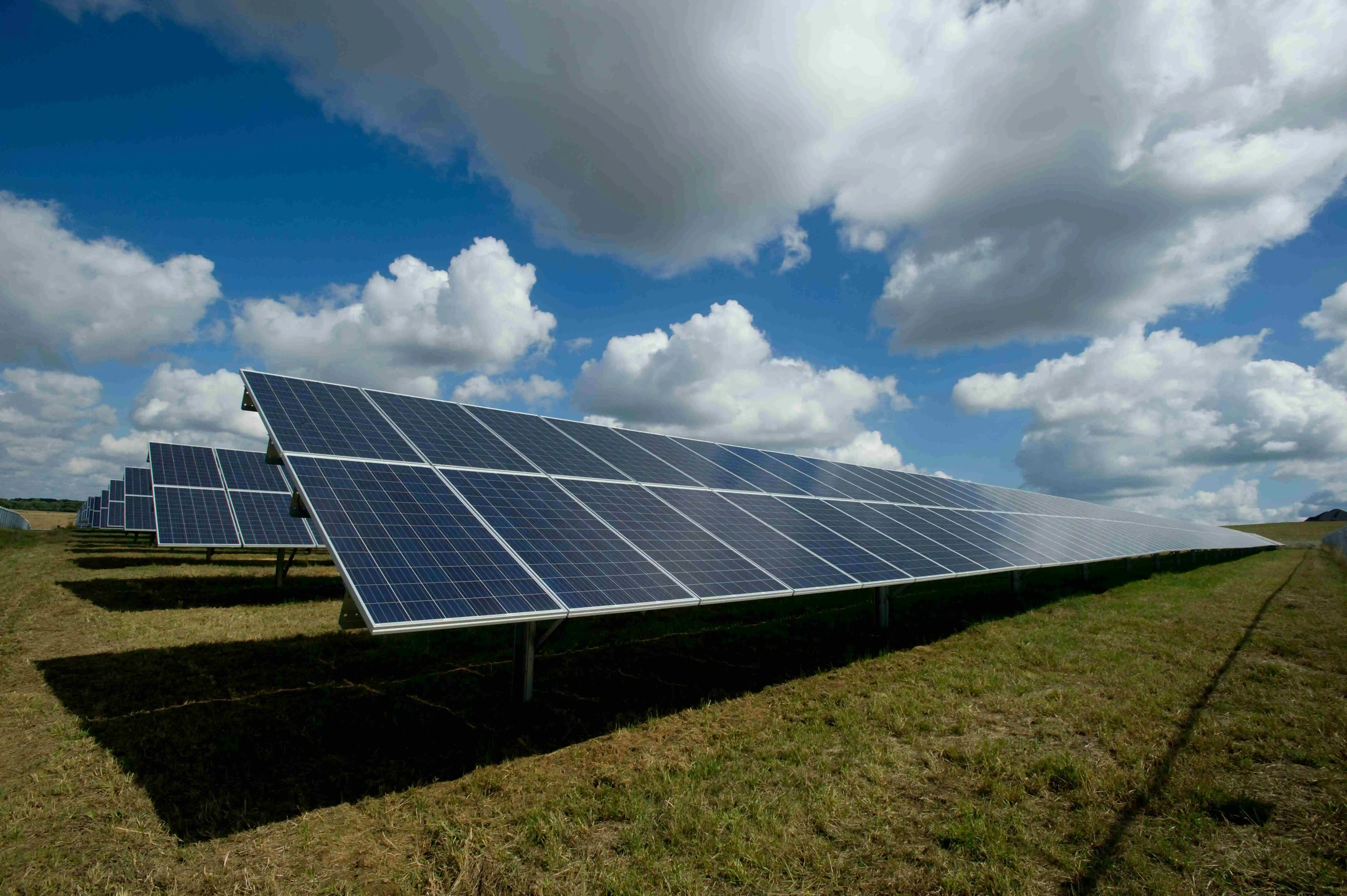
Efficient Energy
The Institute purposes to work with key stakeholders in establishing clear policies and regulations, invest in renewable energy projects, develop innovative financing mechanisms and prioritize energy efficiency in national development strategies. By harnessing the power of AI, the continent can optimize power generation and distribution systems, leading to a more reliable, affordable, and environmentally friendly energy supply. This will enable African countries to create a more sustainable and prosperous future for their citizens.
Read More

Urbanization
The Institute works towards engaging African governments, policy and decision makers and relevant stakeholders in dialogues to highlight the broad trends and challenges related to urbanisation, and develop strategies to address problems of urban unemployment and limited job creation, poor livability, inadequate structural transformation, and low economic development. The engagements aim to provide insights from cutting-edge research, pointing to lessons learned and areas where further investigation is necessary to meet the policy challenges of ensuring sustainable and inclusive urban growth in African countries.
Read More

Climate Change
The Institute aims to work with governments at various levels and policy and decision makers to reduce risks from the harmful effects of climate change (like sea-level rise, more intense extreme weather events, or food insecurity) on the African continent. It also includes making the most of any potential beneficial opportunities associated with climate change on the continent.
Read More

Gender Equity & Gender Mainstreaming
The Sahara Institutes considers gender equity as both cross-cutting and a stand-alone programme. The Institute's rationale for gender equity and gender mainstreaming is grounded in the recognition that gender equality is not only a fundamental human right, but also essential for achieving sustainable development outcomes. Gender equity is a fundamental human right enshrined in international agreements such as the Universal Declaration of Human Rights and the Convention on the Elimination of All Forms of Discrimination against Women (CEDAW). The Institute posits that gender equity and gender mainstreaming are indispensable components of sustainable development, as they contribute to human rights, social justice, economic prosperity, poverty reduction, health and well-being, environmental sustainability, peace and security, and effective governance. Hence by prioritizing gender equality and women's empowerment in development strategies and initiatives, the Sahara Institute supports African countries to build more inclusive, equitable, and sustainable societies for present and future generations.
Read More
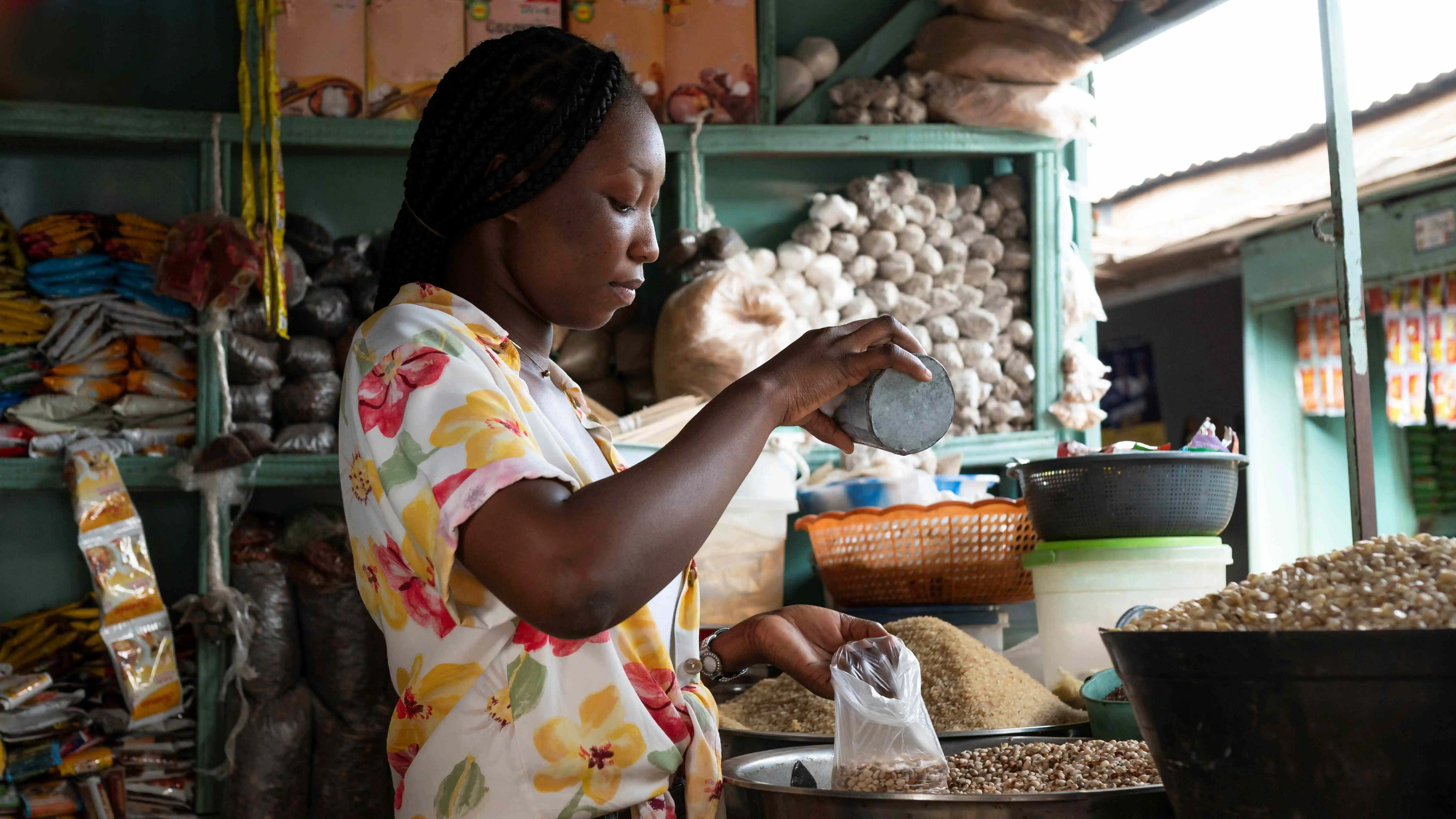
Micro, Small & Medium Enterprises | MSMEs
The Institute works with governments to develop comprehensive policies that alleviates the existing challenges of the MSME sector, including trade regulations and practices for entrepreneurs, access to finance, and access to electricity. At the community level the Institute aims to work with stakeholders, with a focus on youth, to address challenges such as lack of finance, lack of business development skills, poor market access, lack of operating space, and weak entrepreneurial attitudes. The goal is to empower MSMEs to contribute significantly to the development goals of countries through creating employment, alleviating poverty, and improving living standards.
Read More
Latest Publication
See All Publications
Explore our comprehensive library of articles, research papers, and reports. Stay informed with the latest insights and findings across various fields.

Program Activities
The programmes and activities implemented by the Institute across the continent are guided by principles and standards that are designed to address critical gaps in the development sector and strengthen Africa's development ecosystems and institutional practices. The programme activities are implemented at national, regional and continental levels.
Technical Advisory Services
The Institute considers provision of technical advisory services as an essential element in the process of assisting African countries to plan and implement their national development plans. Hence the Institute provides technical advice and support to countries upon request from governments and key policy and decision makers and institutions.
Read More
Dialogues
The Institute facilitates dialogues at national, regional and continental levels in response to needs from countries. The dialogues serve as opportunities for knowledge and experience sharing and deliberation on major issues concerning sustainable development in Africa. Participants include policy and decision makers, scientists, technologists and innovators, private sector players, civil society representatives, youth and representatives from development agencies. The Institute prioritizes inclusivity, especially from a gender, disability and youth lens.
Read More
Capacity Strengthening
One important component of activities for the institute is provision of capacity strengthening to support African countries. The Institute provides capacity strengthening for policy and decision makers through knowledge transfer strategies such as training courses, direct technical assistance, study tours, and mentoring and community of practice to build competencies, to build individual and institutionalize capacity. Organizational capacity strengthening strategies include activities such as study tours, organizational development, systems review, and twinning organizations with partners that have more advanced systems.
Read More
Institutional and Community Development
The Sahara Institute undertakes institutional and community development, which encompasses a range of strategies and initiatives aimed at improving the quality of professional life and personal well-being of people. The Institute's activities involve empowering stakeholders to identify their own needs, priorities, and resources, and to participate actively in decision-making processes, and interventions that affect their lives.
Read More
